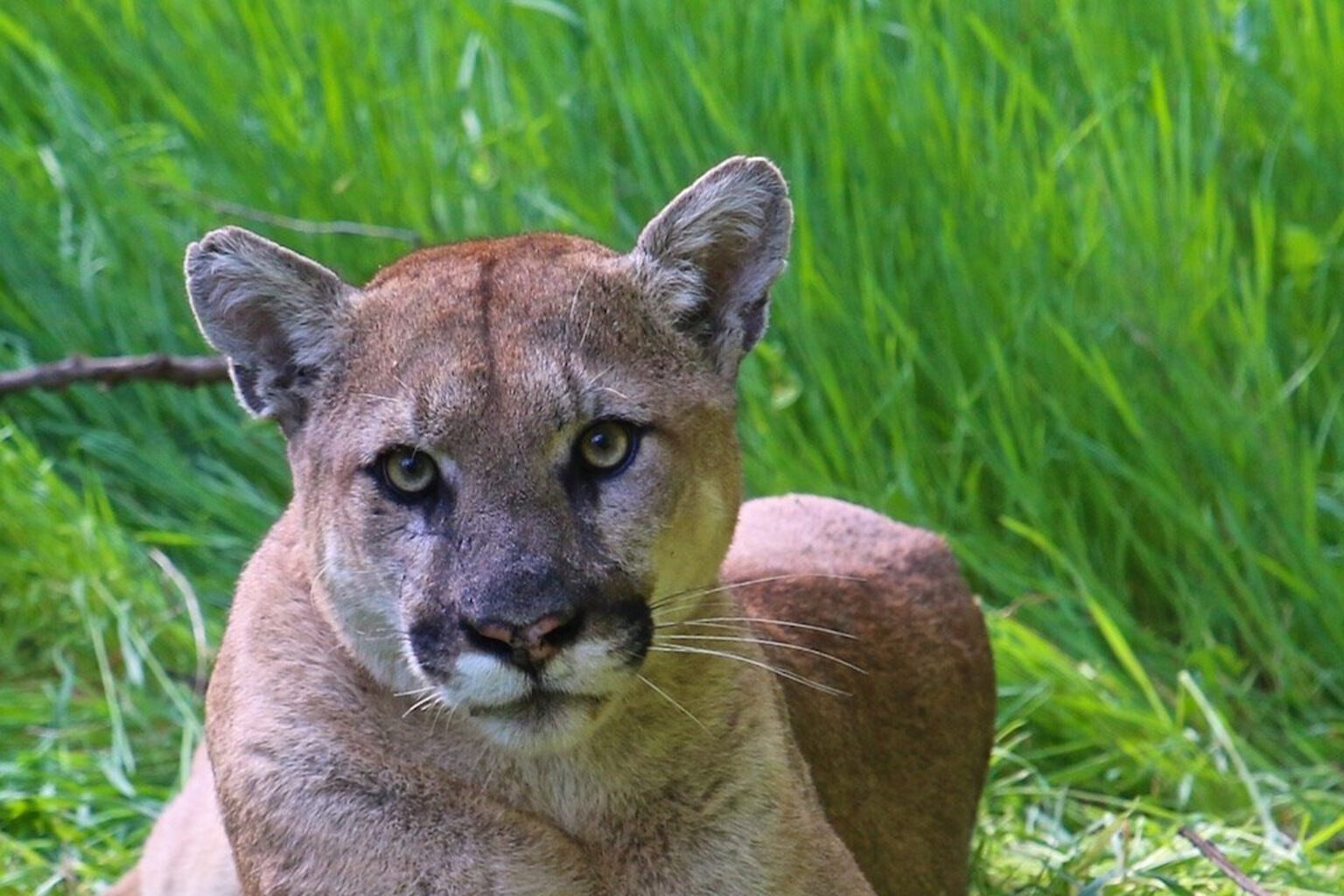On Feb. 17, a group of five mountain bikers was attacked by a 75-pound mountain lion near Fall City, King County, on the Tokul Creek Trail system.
A cougar jumped onto a 60-year-old female rider, latching onto her from the side and inflicting severe damage to her face and neck. The other four riders immediately launched into action, fighting the lion off and then pinning it down with a mountain bike until help arrived.
The cougar was euthanized and the woman was taken to the hospital with non-life-threatening injuries.
Just over a month later, on March 23, two brothers in Northern California searching for antler sheds were attacked by a mountain lion. In the aftermath, a 21-year-old man died of his injuries, while his 18-year-old brother suffered serious injuries.
Similar to the attack in Washington, the cougar was found by officials and euthanized.
This pair of attacks is reminiscent of two similar cougar assaults in 2018. First, two friends mountain biking near North Bend were attacked by a 100-pound cougar, leaving a 31-year-old man seriously injured and a 32-year-old woman dead. And second, a 55-year-old woman was mauled to death shortly thereafter on the Hunchback Trail in Mt. Hood National Forest.
In both cases, the cougars were tracked down and killed.
These cycles come up regularly in animal attack situations, especially those that involve large predators and fatalities. It seems like when we’re hyper-aware of a given type of animal attack, one occurs — confirming that you should be vigilant, and even afraid, of such animals.
Mountain lions are dangerous. There is no question about that. Wilderness travelers — especially those moving fast on bikes mimicking prey animals — must be aware of their surroundings.
But while these injuries and deaths are tragic, they are exceedingly rare. The recent attacks over a short timeframe are likely just a coincidence, as were the attacks in 2018. Nothing has changed to make mountain lions more dangerous than they were before.
There are cougars everywhere. In recent weeks, cougars have been seen near the Chanterelle Trail, on Galbraith Mountain and within the city limits of Sedro-Woolley. Over the last few years, cougars were seen several times in the Chuckanut Mountains and in areas as urban as Whatcom Falls, where a photo of a cougar in 2020 went locally viral on social media.
Several people post photos and video footage of mountain lions throughout the state every day on the Washington State Cougar Sightings Facebook page. One thing is clear: These large cats are everywhere. And while you may not see them, they certainly see you.
For the most part, however, they do not see you as prey.
That said, there is a correlation between chase behavior and mountain biking. In addition to the attacks noted here, there have been several reports of cougars chasing people on bikes.
Infamously, there was a period in 2009 when at least five mountain bikers were chased on different occasions by a 200-pound cougar on Leavenworth’s Freund Canyon Trail. Last year, a cougar chased a mountain biker on the Hide and Seek Trail on Mount Hood. Another cougar chased and attacked a cyclist near Roberts Creek in British Columbia. She escaped with minor injuries.
In several of the incidents involving mountain bikers, the bike itself proved to be a shield and a weapon. Riders have put a bike between themselves and the cat. And they have swung their bikes at the animals, often scaring them off.
The worst thing one can do is to try and escape. Instinctually, a mountain lion wants to chase its prey, and it is often looking for an opening to latch onto the back of your neck.
In the unlikely event that you encounter an aggressive cougar in the wild, some tips are below.
- Do not turn your back. Speak firmly while backing away. Make sure the cougar has an escape route.
- Do not run. If you do, it will give chase.
- If you are with a small child, pick them up.
- Try to appear large. If you have a jacket take it off and hold it up. If you’re with others, stand shoulder to shoulder.
- If the cougar appears aggressive, shout and throw things at it. Be big and frightening.
- If the animal does attack, fight back vigorously. Use whatever you can to fight back. Convince it that you are dangerous and not prey.
- If you have bear spray or an airhorn (both common in bear country) use them if the cougar is acting aggressively.
Jason Martin's outdoors column appears monthly. Email: jason@alpineinstitute.com. Threads: @OutdoorPolitics.





